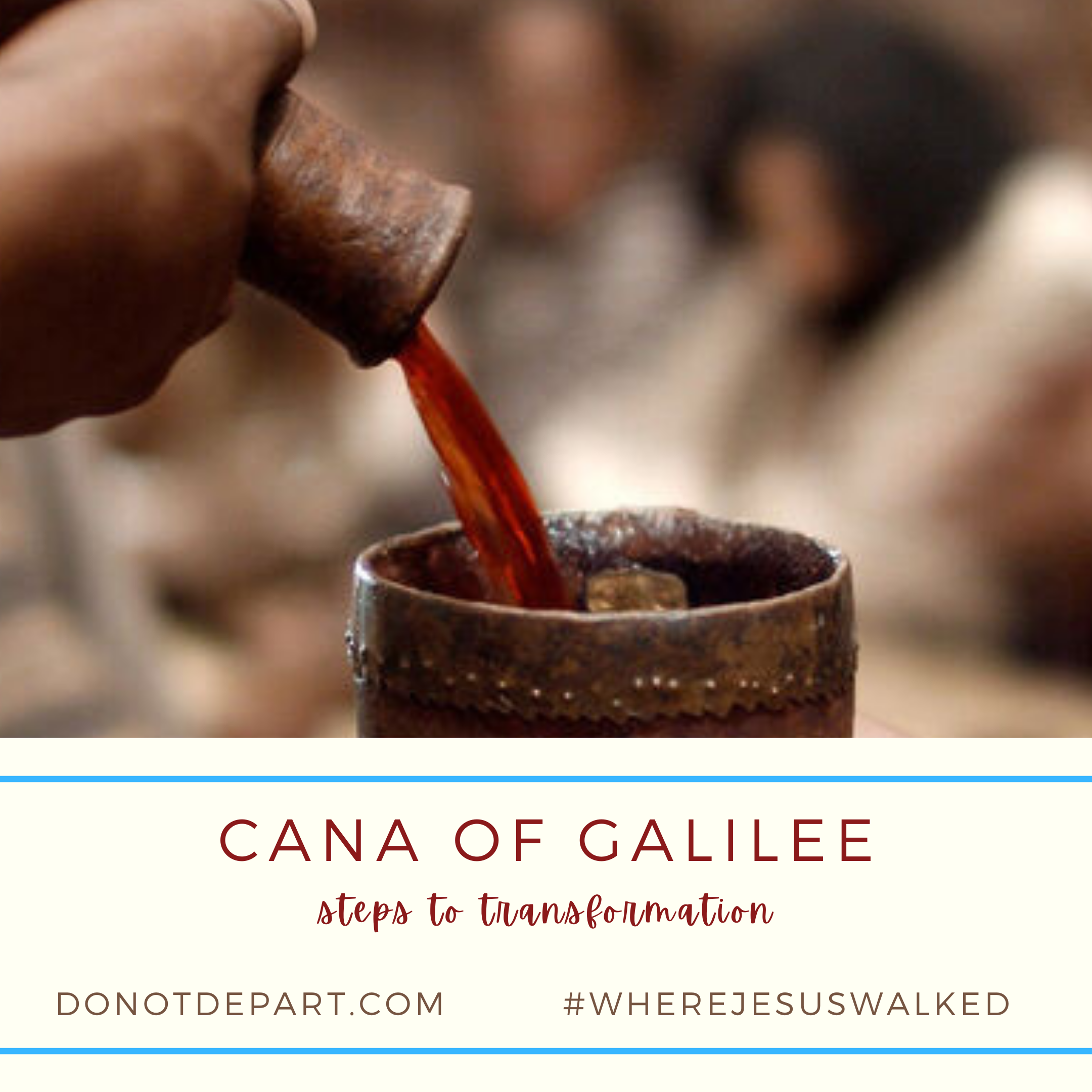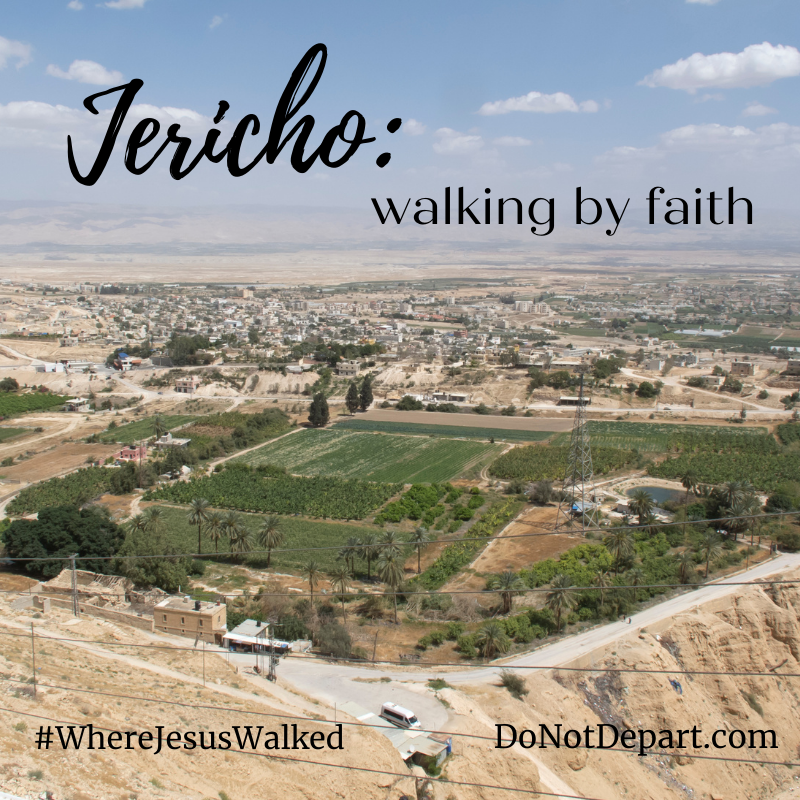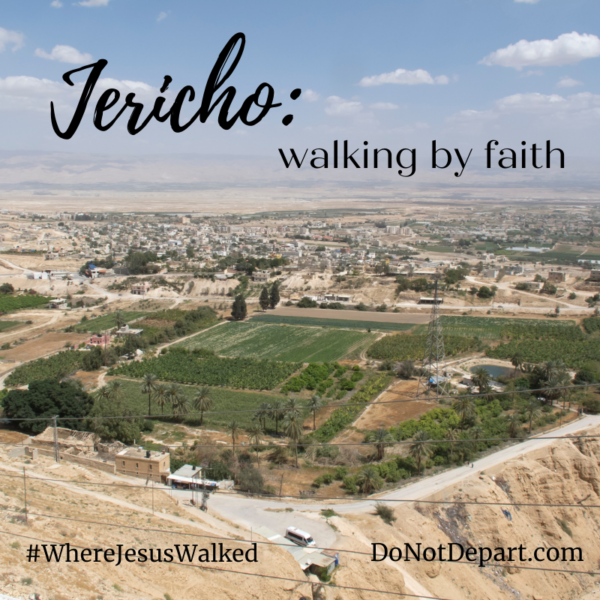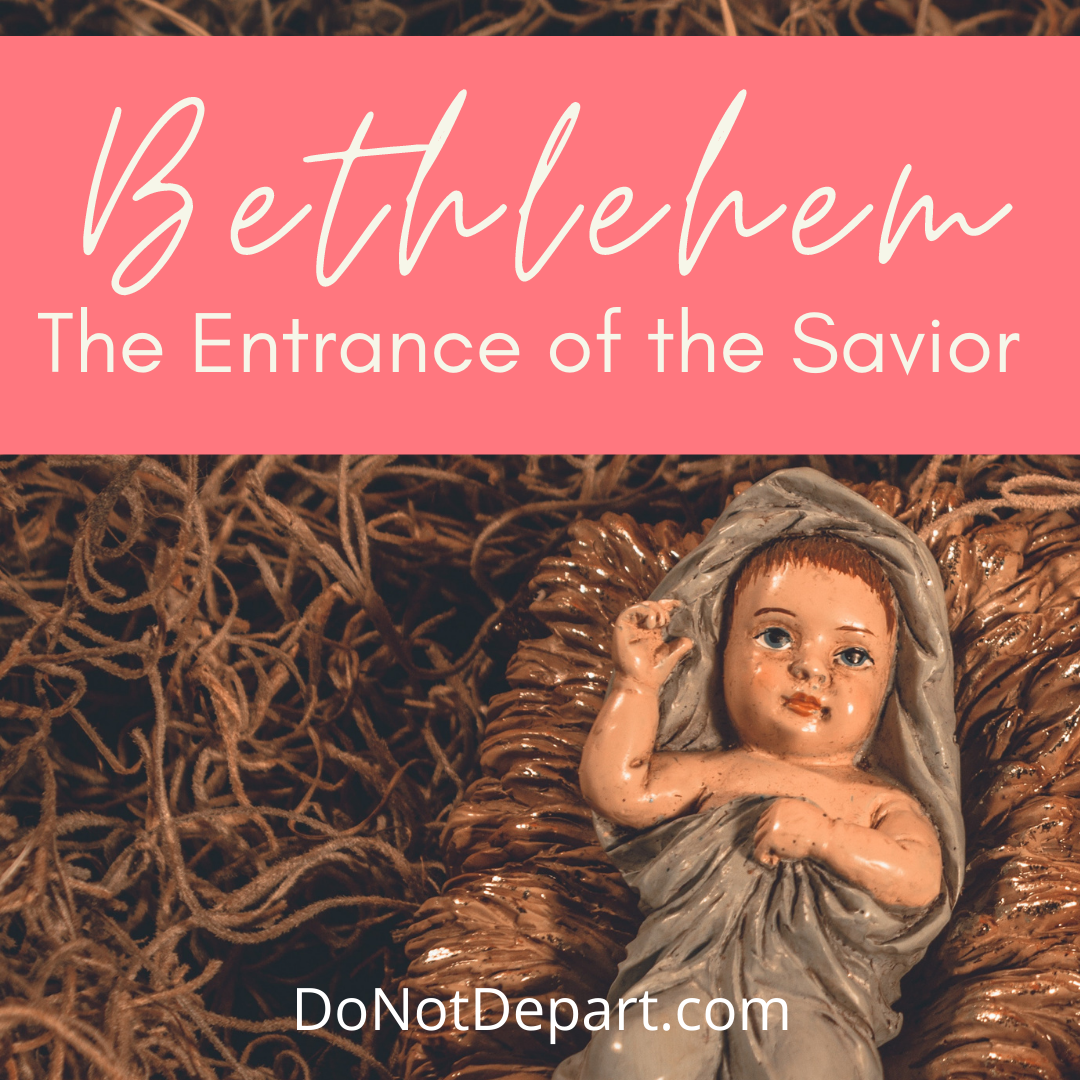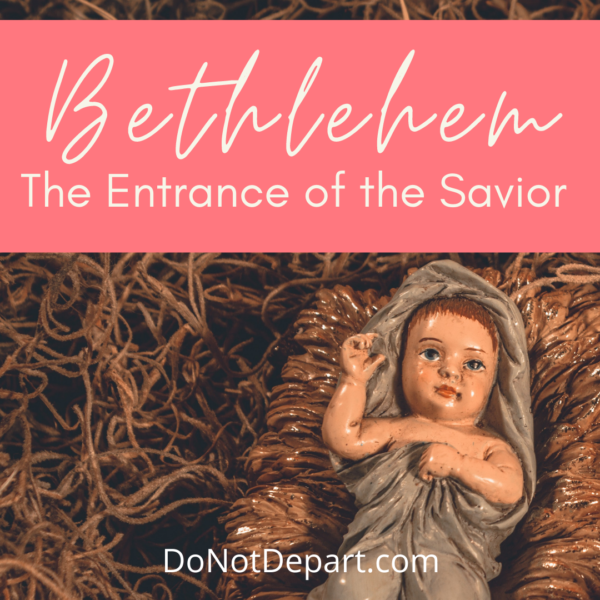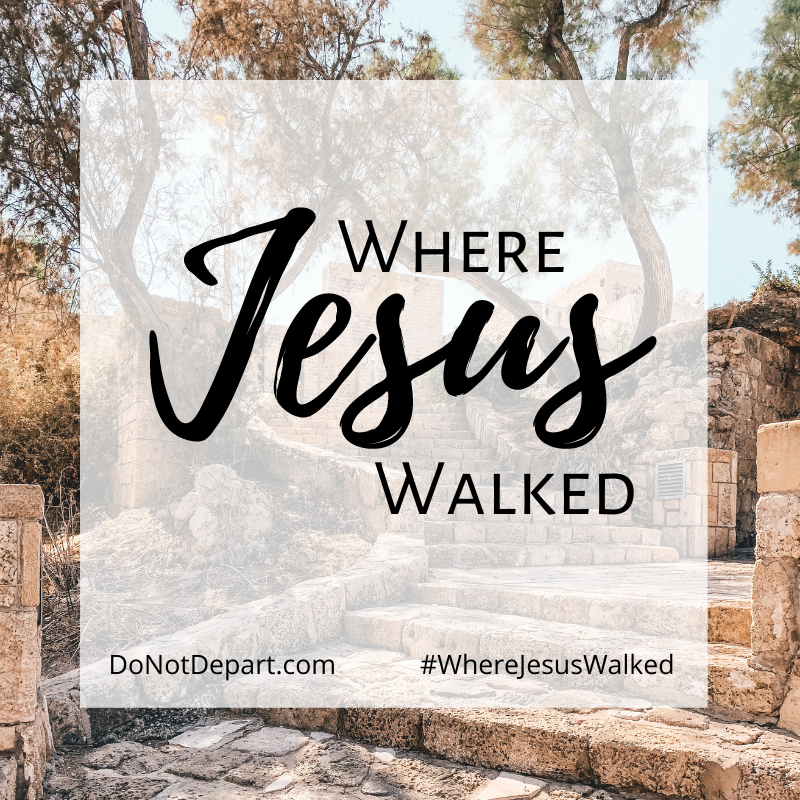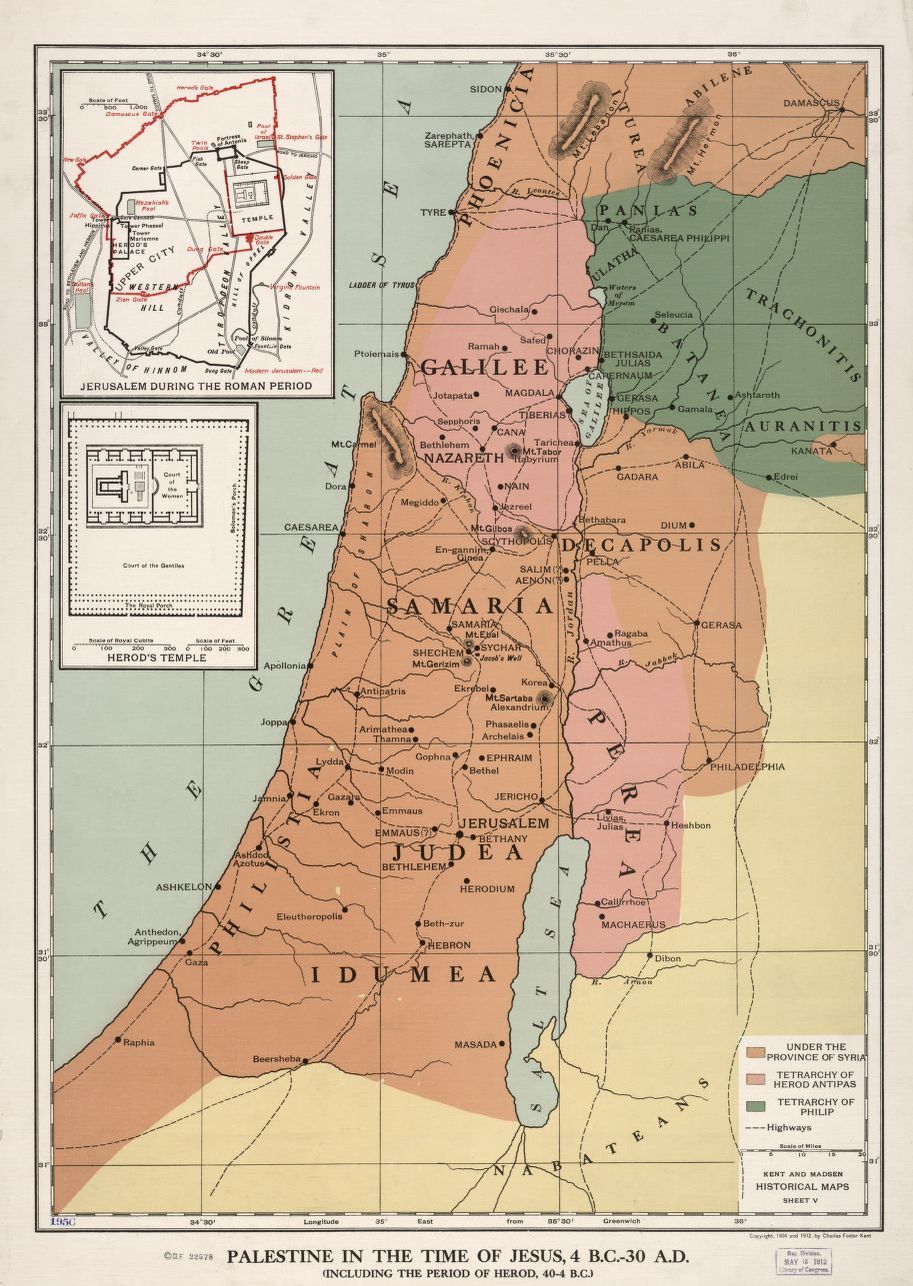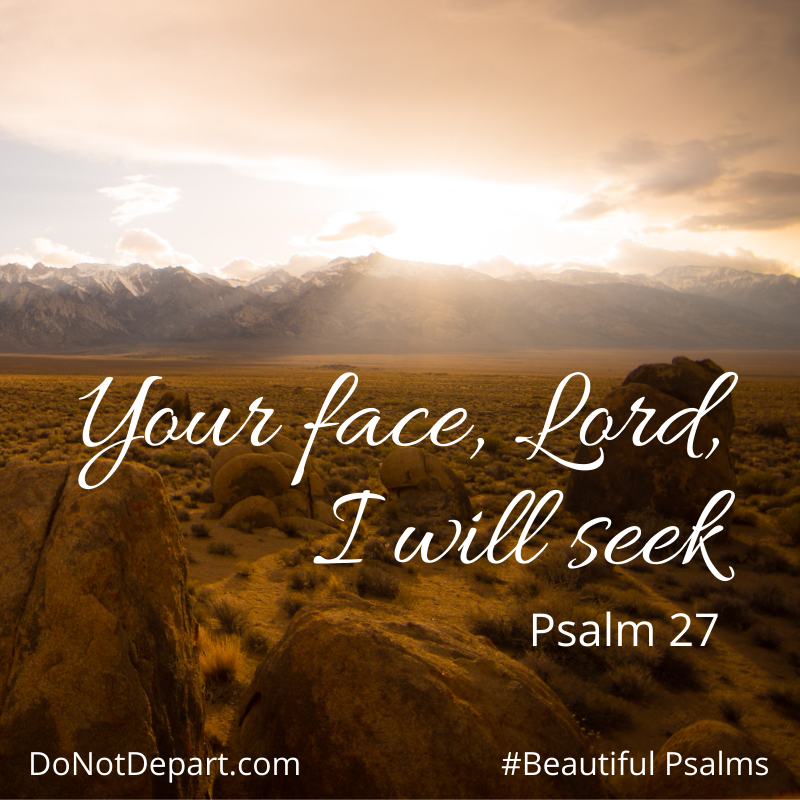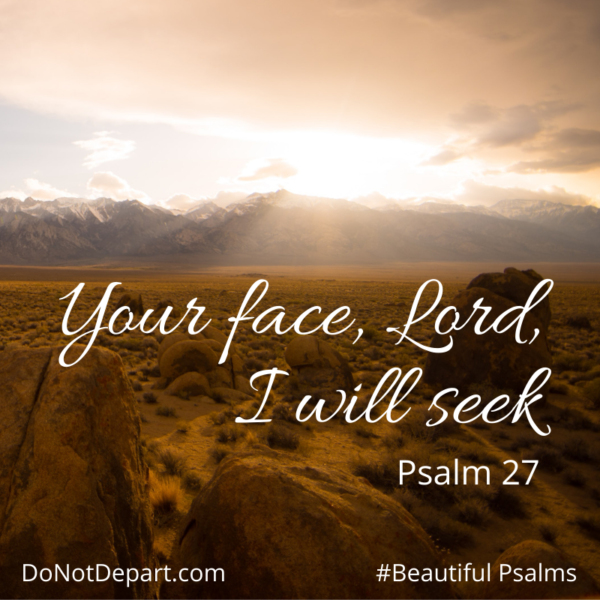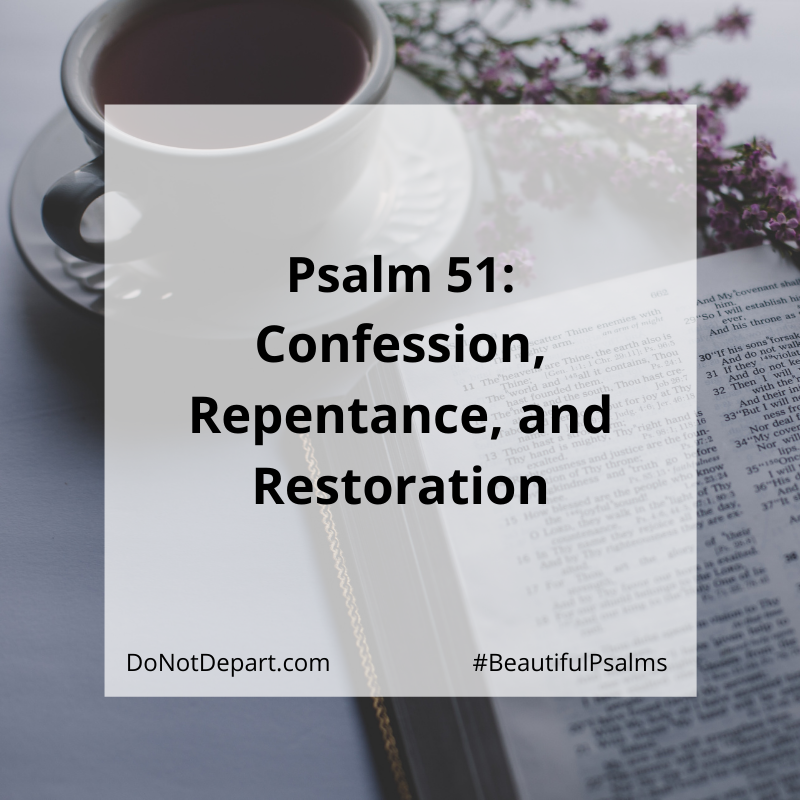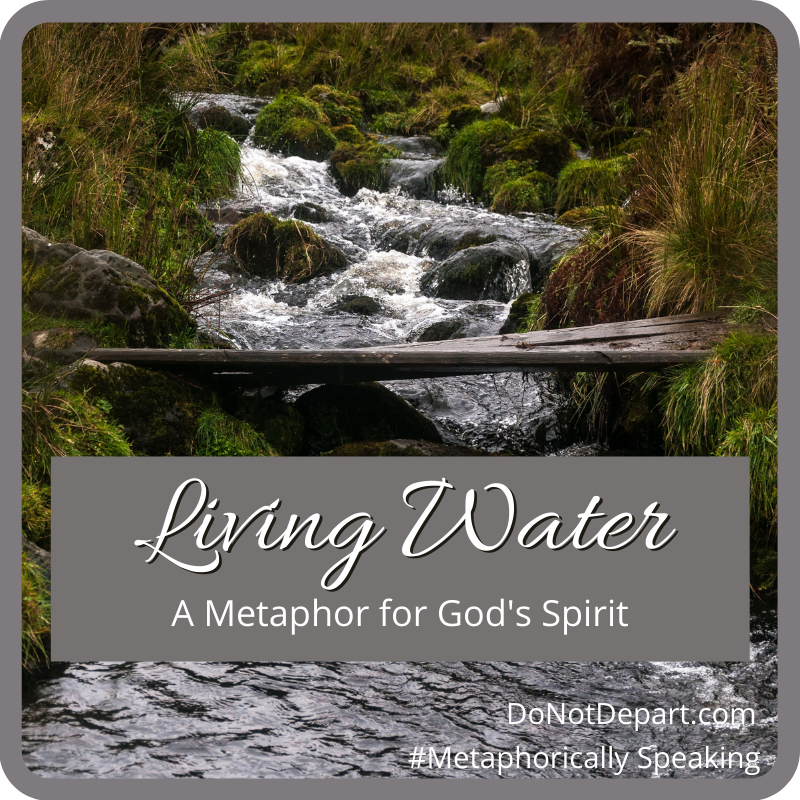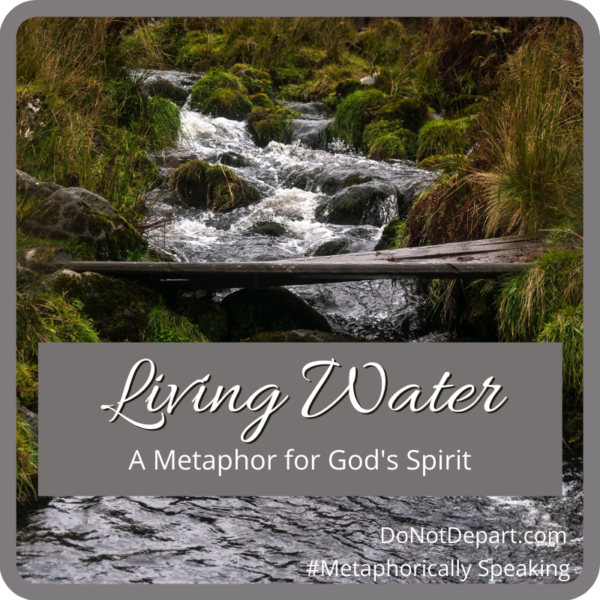Recently, my family and I made the seven-and-a-half hour trek to a town on Lake Michigan to attend the wedding of my husband’s niece. After almost two years of keeping it pretty local (#lockdown), this was our first big trip with our three children. We rented a van with built-in GPS, packed all of the road trip necessities–snacks, drinks, books, tablets, and coloring books–and hit the road. Leading up to the day of our departure, I had my misgivings. Could my kids handle it? Had they forgotten how to travel well and in such a way we would want to do it again any time soon?
I have to give them a lot of credit because they did a wonderful job! The 936-mile round trip went off without a hitch and gave me a lot of confidence in them for the next time we want to wander far from home.
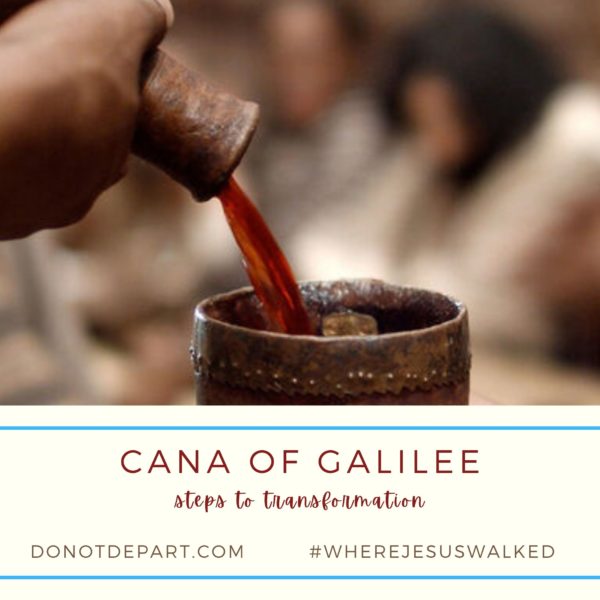
Cheli informed us earlier that Jesus traveled over 3,000 miles during His three years of ministry and most of it on foot. The Bible tells us that very little of His time ministering was spent in His hometown of Nazareth.
“… A prophet is not without honor except in his hometown and in his own household. And he did not do many mighty works there, because of their unbelief.” (Matthew 13:57-58)
Though Jesus did not do many mighty works in Nazareth, He did perform His first sign in the Book of John in nearby Cana.
Cana of Galilee
“On the third day there was a wedding at Cana in Galilee, and the mother of Jesus was there. Jesus also was invited to the wedding with his disciples.” (John 2:1-2)
Towns like Nazareth, Cana, and Capernaum were all in the province of Galilee and were separated from Judea (which housed the holy city of Jerusalem) by the non-Jewish territory of Samaria. Commentator R.T. France points out some notable differences between Galilee and Judea in the time of Jesus. Not only did they have a different racial and linguistic makeup (think Texan accent versus New England), but there were major political differences, as well.
“Galilee had been under separate administration from Judea during almost all its history since the tenth century B.C. (apart from a period of ‘reunification’ under the Maccabees), and in the time of Jesus it was under a (supposedly) native Herodian prince, while Judea and Samaria had since A.D. 6 been under the direct rule of a Roman prefect.”
While it’s difficult to pinpoint exactly where the Cana of Jesus’ day would be today, many have settled on the modern day Arab village of Kafr Cana (also written as Kafar Kanna). Its close proximity to Nazareth make the invitations of both Jesus and His mother to the wedding festivities logical. After the wedding, Jesus “went down to Capernaum, with his mother and his brothers and his disciples, and they stayed there for a few days.” (v. 12) So, it does seem likely that Cana would be between Nazareth and Capernaum.
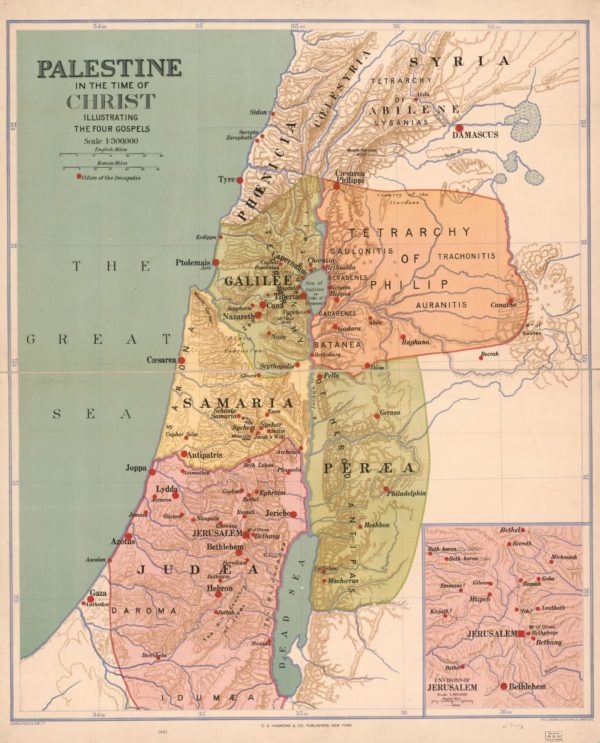
Village Life
It’s easy for 21st-century readers to make assumptions about what life was like during Jesus’ day; however, the only way to truly understand the context of what we are reading is to get some background information. For instance, Israel was under Roman occupation, allowed to follow the laws of the Torah but not existing as the theocracy it once had. Eric M. Myers paints a clearer picture for us in his article, Villages of Galilee:
“The overwhelming character of village life in Galilee in Roman Palestine was Jewish; people mainly spoke Aramaic and Hebrew…. Distinguishing features of Jewish villages from the late Hellenistic period onward include ritual baths (miqva’ot), stone vessels that are impervious to impurity, discus lamps, often with Jewish symbols such as seven-branched candelabra (menorot) on them, Torah shrines, and, from the Middle Roman period onward, synagogues. …Recent research has concluded that there were only about 130–150 rabbis in the land of Israel during the Roman period and that their influence was confined mainly to the urban centers where their academies were based.”
We know that the Jews in Jerusalem looked down on Galileans because of their decidedly mixed heritages and how they had allowed Hellenistic (Greek) influence to creep in, just as most Jews looked down on Samaritans for their mixed race and worship practices. Even Jesus’ disciple, Nathanael, asked, “‘Can anything good come out of Nazareth?’” (John 1:46); yet, Nathanael himself is noted in John 21:2 as hailing from “Cana in Galilee.” Perhaps within Galilee itself villages and cities had stereotypes and presuppositions about the lives of the citizens of other towns within the province. Or maybe an unassuming man like Nathanael couldn’t believe that a prominent teacher could come from a village near his own little one.
Either way, God the Father, in His infinite wisdom chose Nazareth as the place where Jesus would spend His formative years. And Jesus, in partnership with the Father and the Holy Spirit, spent much of His ministry in the region of Galilee.
“But God chose what is foolish in the world to shame the wise; God chose what is weak in the world to shame the strong; God chose what is low and despised in the world, even things that are not, to bring to nothing things that are, so that no human being might boast in the presence of God.” (1 Corinthians 1:27-29)
The Wedding at Cana
As mentioned before, it was in this little town in the less-than-glamorous province of Galilee that Jesus performed the first of the seven signs found in the Book of John.
“When the wine ran out, the mother of Jesus said to him, ‘They have no wine.’ And Jesus said to her, ‘Woman, what does this have to do with me? My hour has not yet come.’ His mother said to the servants, ‘Do whatever he tells you.’ Now there were six stone water jars there for the Jewish rites of purification, each holding twenty or thirty gallons. Jesus said to the servants, ‘Fill the jars with water.’ And they filled them up to the brim. And he said to them, ‘Now draw some out and take it to the master of the feast.’ So they took it. When the master of the feast tasted the water now become wine, and did not know where it came from (though the servants who had drawn the water knew), the master of the feast called the bridegroom and said to him, ‘Everyone serves the good wine first, and when people have drunk freely, then the poor wine. But you have kept the good wine until now.’ This, the first of his signs, Jesus did at Cana in Galilee, and manifested his glory. And his disciples believed in him.” (John 2:3-11)
Jesus, His family, and His disciples would have spent about an hour and a half walking the four miles from Nazareth to Cana, then, at a later time, another six hours to Capernaum. Unlike our recent wedding experience, which consisted of an evening rehearsal and dinner, followed by the wedding ceremony and reception the next day, weddings in the time of Jesus were week-long events. This was no quiet ceremony but a celebration involving friends, neighbors, and relatives both near and far. There would be music, dancing, feasting, and much wine would flow. It was a time set aside to celebrate not only the bride and the bridegroom but God’s goodness and provision.
Water Into Wine

Oftentimes, I would read this passage in John and wonder, “What’s so special about turning water into wine when you compare it to Jesus raising Lazarus from the dead?” First of all, we catch a glimpse of what was important to Jesus, and, therefore, to the Father: marriage, family, and celebrating God’s plan for His people. Second, just as we see with Mary and Martha, Jesus does not negate the holy work of hospitality. Jesus’ mother was rightly concerned when the wedding hosts ran out of wine for the guests. She was probably widowed at this point, so she turned to her firstborn and the One she knew to be the Son of God. Jesus did not rebuke her for it, but spoke to her endearingly, just as He did at the cross when He asked John to care for her as he would his own mother.
Perhaps most significantly, we see that none of our troubles are insignificant to the Lord. Just as we have been taught that sin is sin–there are no “big sins” and “little sins”–miracles are miracles. Be it water turned into wine, a heart of stone turned to a heart of flesh, the resurrection of Lazarus, or the resurrection of our Savior Himself, Jesus is in the business of making all things new. His transformative power was made evident, not before governors and kings but before the humble, hard working people of a Galilean hamlet. And so, Jesus’ disciples begin to see that He is not just Jesus the Teacher. Here, they caught a glimpse of His glory, and, in that glimpse they believed.
Walking in His Footsteps
Sometimes we can find ourselves in the midst of the ordinary longing for something extraordinary. When we look to Jesus’ example, we see Him not escaping the everyday moments of life but entering into them, being present, and being at work. As we walk into the lives of the people God has put in our path, may we also be present, at work, and waiting for His miraculous, transformative power.
